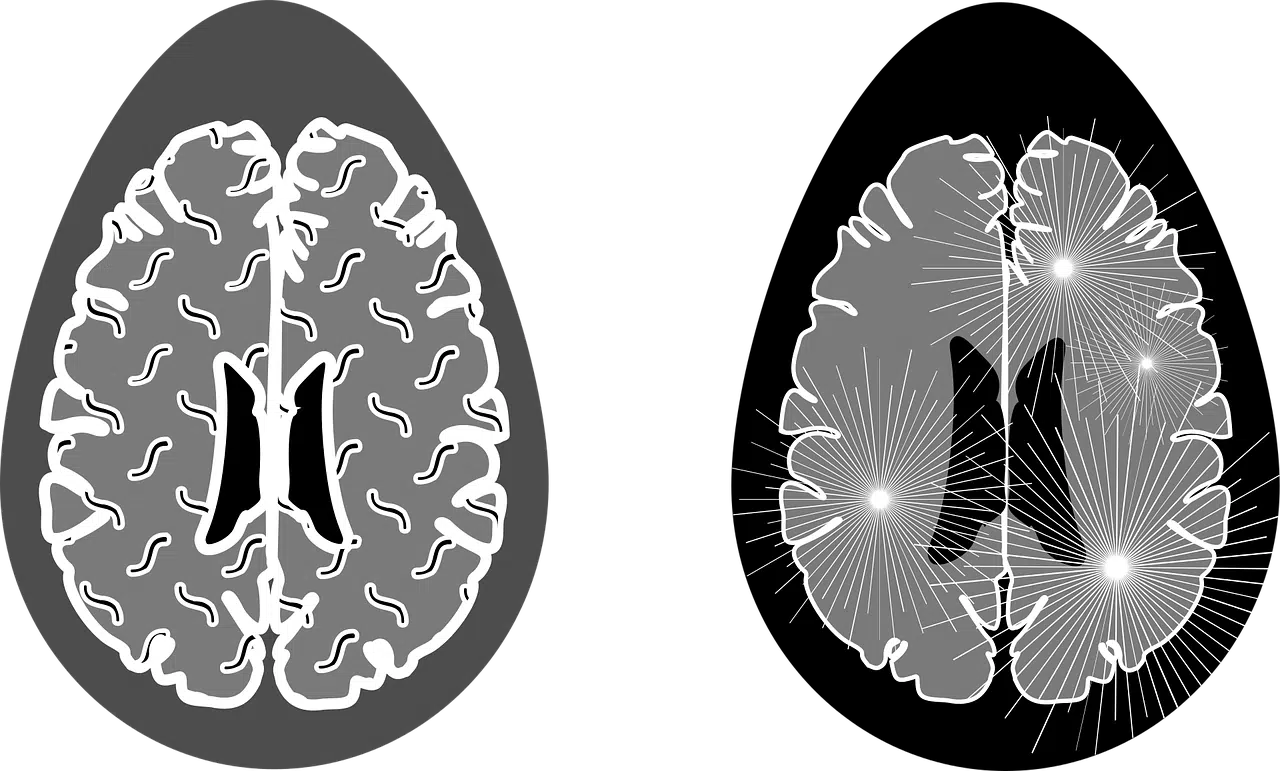
Sclerosis is a pathological hardening of a tissue or organ.
Sclerosis is the pathological hardening of a tissue or organ . This hardening takes place due to the uncontrolled increase in connective tissues that occurs from a disease.
Greek is exactly where the etymological origin of the term is found. And it is made up of two elements of that language: the word skleros , which can be translated as "hard" , and the suffix -osis , which is synonymous with "disease" .
Aging, inflammation and autoimmune diseases can cause sclerosis that causes the affected tissues or organs to lose their elasticity .
multiple sclerosis
Multiple sclerosis is the chronic disease that is caused by the degeneration of the myelin sheaths present in nerve fibers. This disease causes disorders in the control of muscles and senses and has no cure, although it can be treated with medication.
The most common thing is that the individual suffering from multiple sclerosis has a treatment based on the intake of certain medications that are responsible for modifying the course of the disease.
Loss of muscle mass, lack of coordination in movements, swallowing problems, cramps, spasms, cognitive difficulties and sexual dysfunction are some of the consequences of multiple sclerosis.
It is interesting to know that this type of central nervous system disease, which is neither hereditary nor fatal, usually evolves in four different ways:
- Secondary progressive . It is one of the most advanced variants of this pathology, the disability worsens between the outbreaks that the person suffers and usually occurs in patients when they are between 35 and 45 years old.
- Primary progressive . This other form of evolution of multiple sclerosis is defined because it is one of the most unusual, since it only affects 10% of patients. It stands out because their worsening is progressive and constant, due to very acute outbreaks.
- Recurring-sender . More than 80% of people who suffer from this disease are those who experience this type of evolution. At first, for even several years, they may not realize that they suffer from it. However, later they will begin to experience symptoms that may occur either progressively or very sporadically.
- Progressive relapsing . From the beginning, patients have very clear acute outbreaks that are constant and that worsen their situation.

Multiple sclerosis is a disease that affects the central nervous system.
Other types
Atherosclerosis , on the other hand, is the hardening of medium- and large-sized arteries . Its most common form is known as atherosclerosis and generates an inflammatory reaction. Among the factors that help reduce the risk of contracting this disease, it is recommended to maintain a healthy diet, perform physical activity and not smoke.
Amyotrophic lateral sclerosis is the degenerative disease where motor neurons (cells of the nervous system) die and cause progressive muscle paralysis . The Argentine writer Roberto Fontanarrosa and the British scientist Stephen Hawking are some of the personalities who have suffered from this disease.
Tuberous sclerosis , finally, is a hereditary disease that causes the formation of abnormal, non-cancerous masses in the skin , retina , lungs, kidneys or heart, among other organs.
